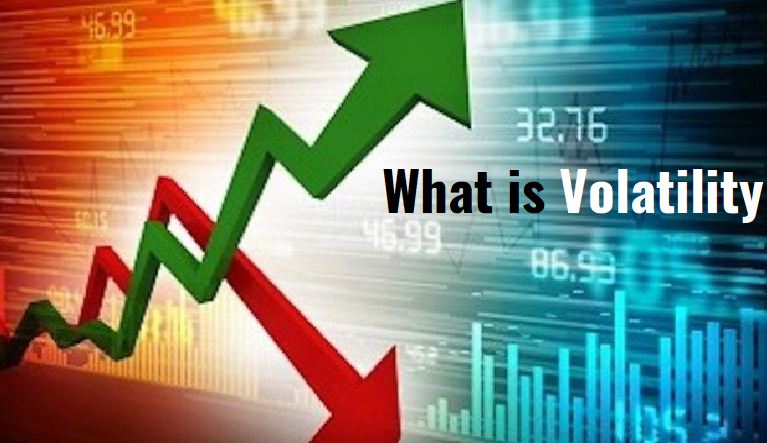What is Volatility-do you know?

Learn Trading
What is Volatility ?
Imagine you're playing a video game where the points you score each round can go up or down drastically. Some days, you might hit a new high score, and other days, you might barely score anything at all. In the world of investing, this ups and downs in your game score can be compared to volatility.
Understanding Volatility
Volatility is a fancy word that investors use to describe how much and how quickly the price of something like a stock or a market index (like the S&P 500) goes up and down over a certain period. When people talk about a stock or a market being "volatile," they mean that the price of the stock or the value of the market moves up and down a lot and it does so very quickly.
Why Does it Matter?
Volatility is important because it gives investors an idea of how risky a stock or an investment is. Think of it like the roller coasters at an amusement park:
Low volatility
is like a kiddie roller coaster that doesn’t go very high or very fast. It’s pretty safe, and you don’t feel very scared riding it. High volatility is like the biggest, fastest roller coaster in the park. It’s exciting because you can feel huge ups and downs, but it’s also a lot scarier and riskier.
Real-Life Example of Volatility
Let's say you’re looking at a stock from a tech company, for example, Tesla. Over one week, the price of Tesla's stock might jump up by $50 because a lot of people are excited about a new car they announced. But then, it could drop by $60 the next week because there are rumors that the new car might have problems.
This big swing in prices ($50 up and $60 down)
shows that Tesla’s stock is quite volatile at that moment, meaning it has high volatility. If the stock price only went up or down by a few dollars each week, then it would be considered to have low volatility.
What Causes Volatility?
Several factors can cause the price of stocks or the value of the market to go up and down, including:
News reports:
Good or bad news about the company or the economy Economic changes: Things like interest rates, employment rates, or global economic events
Investor emotions:
Sometimes people buy or sell stocks based on fear or excitement rather than what’s actually happening in the business.